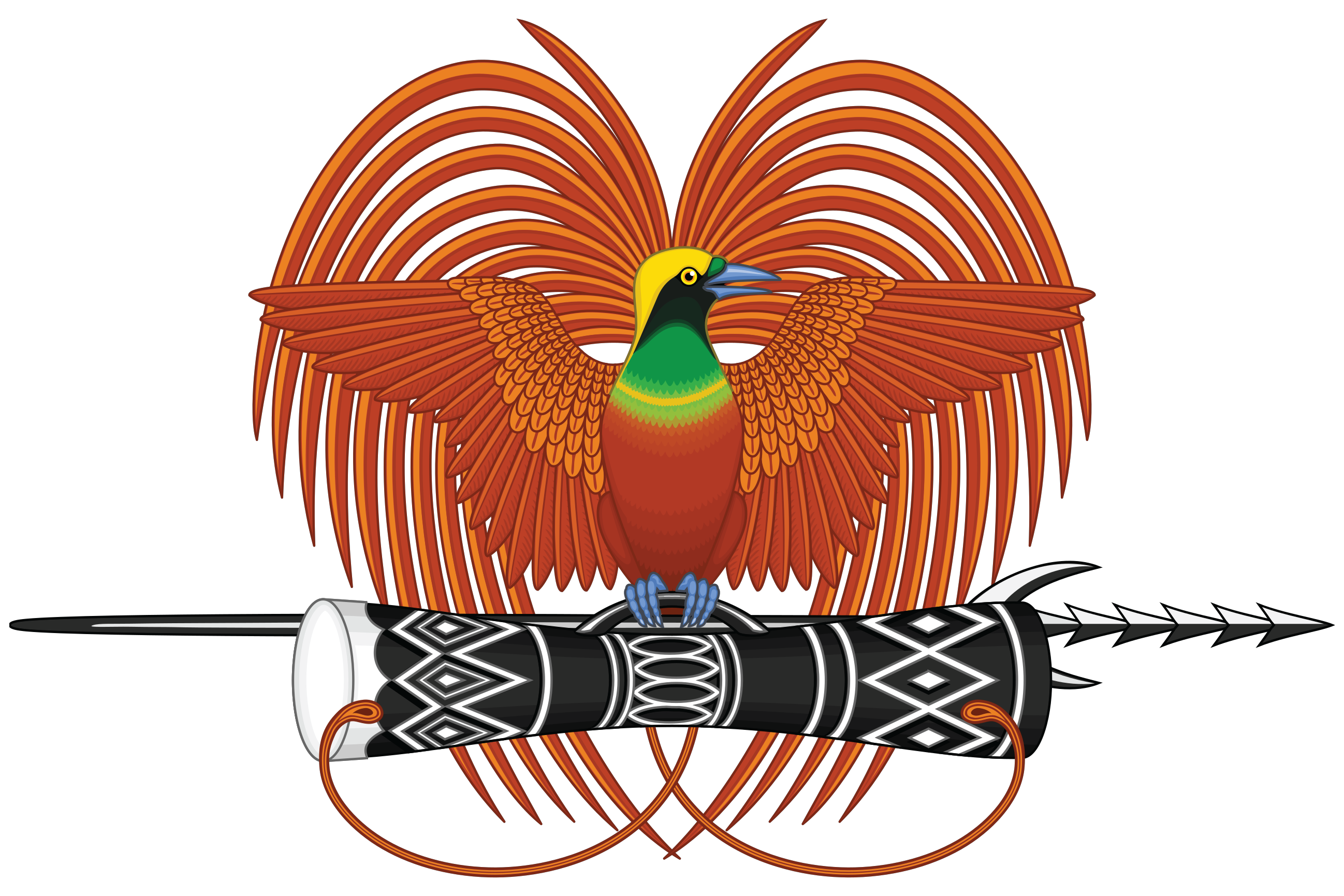FAO’s Innovative Solar Dryers Lift Quality and Marketability of Papua New Guinea Vanilla Products
FAO, under EU-STREIT PNG, supports Sepik vanilla farmers with innovative eco-friendly solar dryers, ensuring quality and uniformity in vanilla production.

Vanilla farmers from the Sepik region of Papua New Guinea carry a solar dryer provided by the FAO, under the EU-STREIT PNG Programme.
©FAO-STREIT
Wewak, Papua New Guinea – In a leap forward for the vanilla industry in the Sepik Region of Papua New Guinea, the Food and Agriculture Organization of the United Nations (FAO), under the EU-STREIT PNG Programme, has introduced a game-changing and climate-friendly technology: Vanilla Solar Dryers. This initiative is set to revolutionize the vanilla production process, benefiting over 1,000 rural households across 40 farmer groups in the Sepik region of the country.
These solar dryers, numbering 199 at this stage and distributed across 9 central locations in the Sepik, harness the power of the sun to expedite and enhance the drying process of vanilla beans. This solar technology is not only eco-friendly but also ensures uniformity in bean quality - a critical factor for premium-grade vanilla, highly sought after in international markets. The FAO will continue to support with solar dryers to remaining vanilla producers in the near future.
The solar dryers significantly reduce the curing time while maintaining the size, aroma, and uniform colour of the beans.
Each solar dryer has an impressive capacity, drying 10 kg of vanilla beans every seven days. Constructed with durability in mind, these dryers have a functional lifespan of up to 5 years, signifying a long-term investment in sustainable vanilla production.
A key feature of these solar dryers is their eco-friendly design, thus reducing the carbon footprint associated with vanilla bean processing. This aligns with global efforts to promote environmentally sustainable agricultural practices.
The prototype of these solar dryers was developed through a collaboration with the Yawasoro TVET Centre in East Sepik Province and a private metal workshop in Wewak, involving local students and technicians. This collaboration underscores the programme's commitment to community involvement and capacity building.
Farmers are also provided with a Standard Operating Procedure (SOP) to maximize the efficiency and effectiveness of these solar dryers.
Nancy Fale, a women leader of the Kunai Oasis Women’s Business Group from Tuonumbu Village of Yangoru-Saussia District, East Sepik Province, attests to the superior quality of beans processed with these dryers, noting their exceptional shrinkage, smell, and consistent colour. “The solar dryer is giving us very high-quality beans that we don’t usually see before. The beans have shrunk very well and still maintain their sizes; they smell so good and have a uniform colour across,” she explained.
The introduction of these solar dryers positions Papua New Guinea's vanilla industry on the path to meet the stringent quality demands of the global market. The enhanced efficiency and quality control provided by this technology not only boost local farmers' incomes but also strengthen the country's competitiveness in the international vanilla market.
Complementing this technological intervention, the EU-STREIT PNG Programme has also provided capacity-building training in Vanilla Cultivation, Husbandry, and Processing Techniques, along with essential tools and equipment. This holistic approach ensures the sustainability of high-quality vanilla production, in line with the premium standards demanded by global markets.
About the EU-STREIT PNG Programme
The EU-STREIT PNG Programme, led by FAO, is the European Union's largest grant-funded initiative in the country. It focuses on boosting sustainable and inclusive economic development in rural areas. This is achieved by enhancing economic returns and opportunities within cocoa, vanilla, and fisheries value chains. Additionally, the Programme strengthens and improves the efficiency of value chain enablers, including access to ICT and digital financial services. It also supports the development of sustainable, climate-resilient transport infrastructures and renewable energy solutions. The Programme benefits two provinces: East Sepik and West Sepik.
Contact
Amir Khaleghiyan International Reporting and Communication Officer +675 8175 3146 [email protected]



